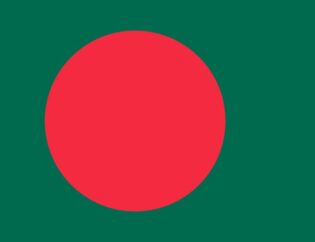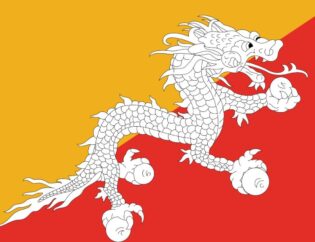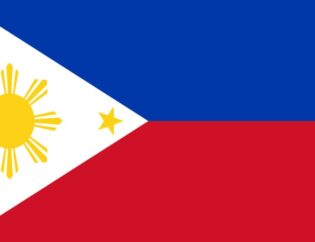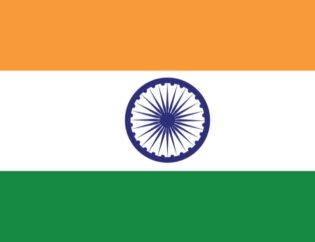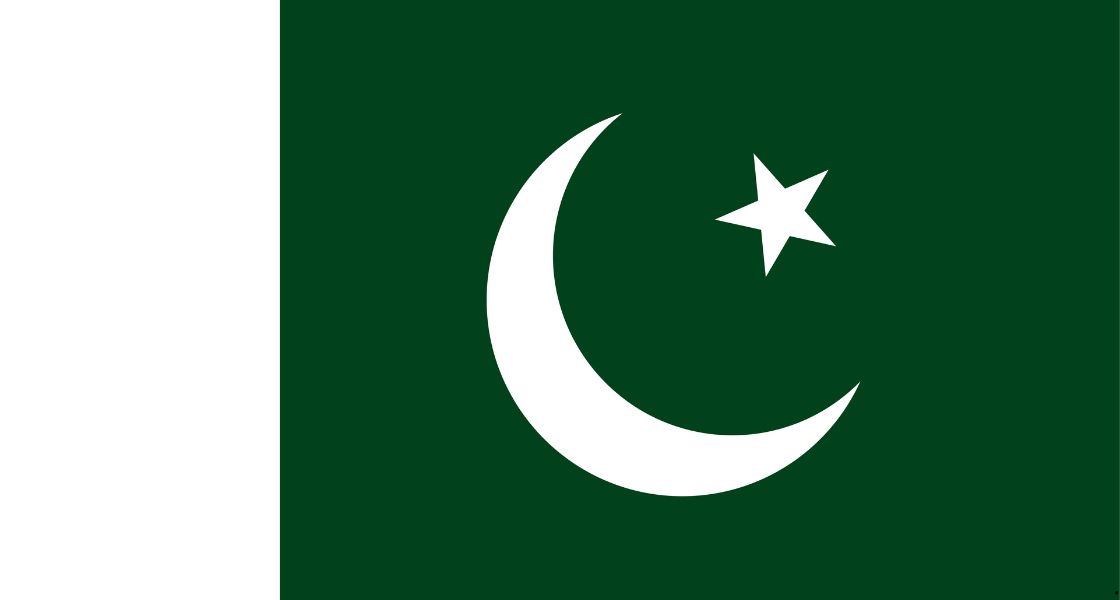
Pakistan - overview
Pakistan, officially known as the Islamic Republic of Pakistan, is a country located in South Asia with Islamabad as its capital. Covering an area of 796,095 km², Pakistan is the world's fifth-most populous country with a population of approximately 242,923,845 people. The name "Pakistan" was coined by Choudhry Rahmat Ali in 1933, originally as "Pakstan" in a pamphlet titled "Now or Never." The name is an acronym derived from the regions of Punjab, Afghania, Kashmir, Sindh, and Baluchistan. Additionally, in Persian and Urdu, "Pak" means "pure," and "stan" means "land," thus translating to "Land of the Pure." Pakistan's history is rich with cultural diversity, deeply influenced by its Indo-Aryan and Iranic roots, as well as the impact of Islamic culture, which is reflected in its vibrant traditions and diverse population.
Pakistani cuisine
Pakistani cuisine is a flavorful blend of regional cooking styles and influences from South, Central, and Western Asia. It is renowned for its rich and aromatic dishes that often feature liberal use of spices and herbs. The cuisine is heavily influenced by Persian, Indian, and Arab culinary traditions, as well as Mughal cooking techniques. Key ingredients include a variety of spices such as turmeric, cumin, coriander, cardamom, and cloves, which are used to create complex and aromatic flavors. Traditional Pakistani dishes often include a mix of meats, such as beef, lamb, chicken, and fish, along with vegetables, legumes, and rice. The cuisine follows halal principles, strictly adhering to Islamic dietary laws, which prohibit the consumption of pork and alcohol. Popular dishes include biryani, kebabs, curries, and a variety of breads like naan and roti. Pakistani cuisine is known for its generous use of ghee (clarified butter), which adds richness and depth to the dishes. The diverse climates and geographical regions within Pakistan contribute to a variety of regional specialties, each offering unique flavors and culinary techniques.
Mushrooms in pakistani kitchen
In Pakistani cuisine, mushrooms are a versatile and nutritious ingredient that enhances the flavor and texture of many traditional dishes. The most commonly used mushrooms in Pakistani cooking include:
- Oyster mushrooms - Known for their mild flavor and tender texture, they are often used in stir-fries and curries.
- White mushrooms - These versatile mushrooms are used in a variety of dishes, from salads to stews, providing a subtle earthiness.
- Brown mushrooms - With a more robust flavor, they are ideal for hearty dishes and add a deeper umami taste.
Mushrooms are appreciated not only for their taste but also for their health benefits, as they are low in calories and rich in vitamins and minerals. They are commonly used in vegetarian and non-vegetarian dishes, demonstrating their adaptability in Pakistani cooking.
Pakistani dishes with mushrooms
Pakistani cuisine incorporates mushrooms into several delectable dishes, showcasing their versatility and enhancing the overall flavor profile. Some notable Pakistani dishes with mushrooms include:
- Mushroom Karahi - A popular dish where mushrooms are cooked in a spicy tomato-based sauce, often enjoyed with naan or rice.
- Mushroom Masala - Mushrooms are simmered in a rich and creamy masala sauce, flavored with a blend of aromatic spices.
- Mushroom Baji - A simple yet flavorful stir-fry of mushrooms with onions, tomatoes, and green chilies, commonly served as a side dish.
These dishes highlight the unique ability of mushrooms to absorb and enhance the rich flavors of Pakistani spices and sauces. Whether used as a main ingredient or as a complement to other components, mushrooms add depth and nutrition to Pakistani dishes, making them a cherished ingredient in homes and restaurants alike.




